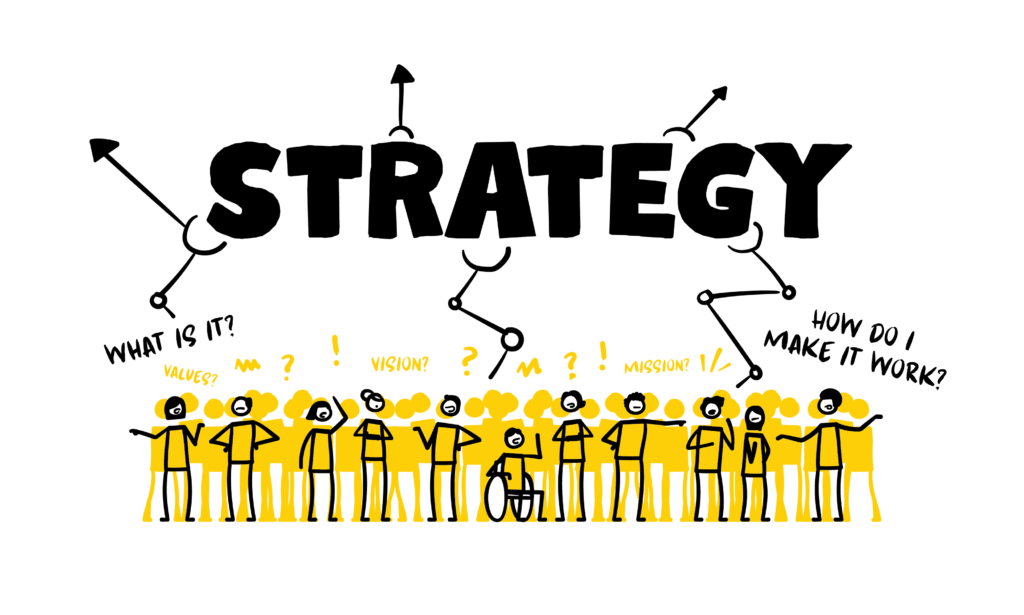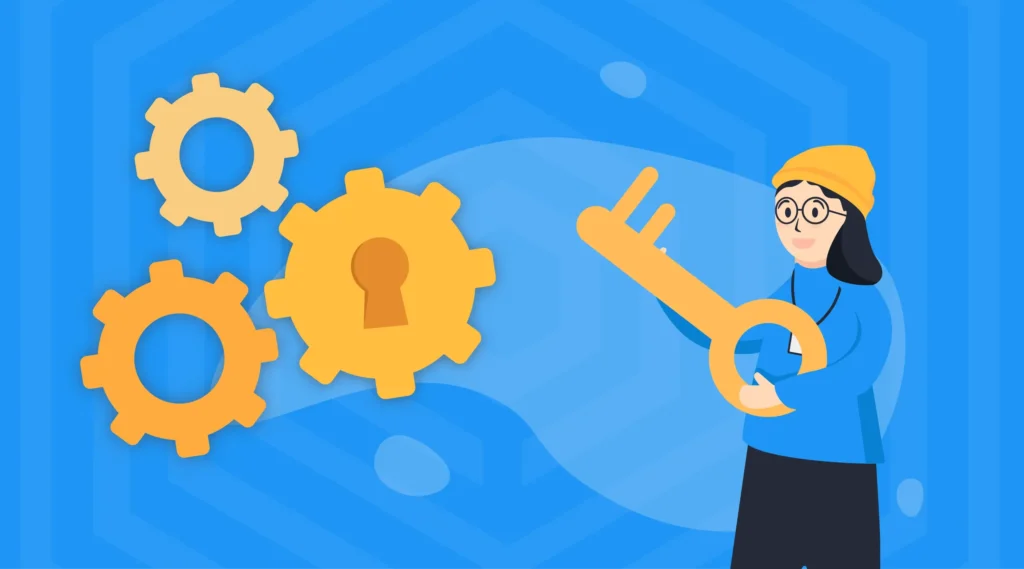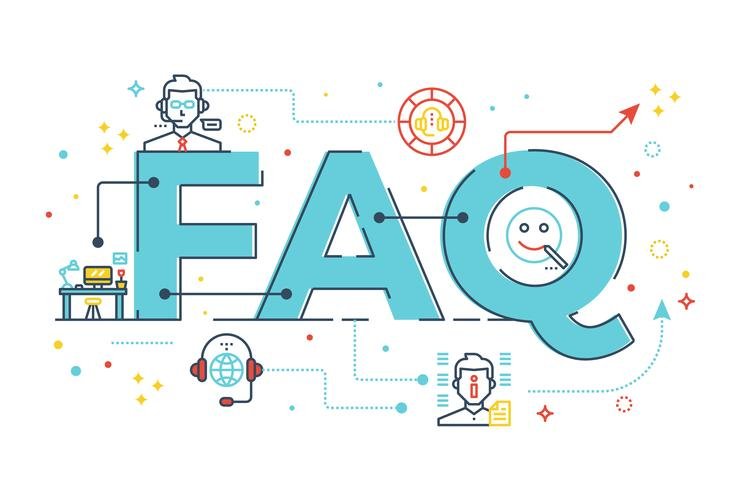
Embarking on a career in information technology starts with a solid foundation. The CompTIA IT Fundamentals (ITF+) certification is designed for beginners and non-technical professionals who want to validate their basic IT knowledge and skills. Whether you’re a student weighing career options, a career changer, or a professional seeking a refresh, ITF+ offers a gentle introduction to the language of IT, the roles of IT professionals, and the core technical concepts that underlie the digital world.


ITF+ is CompTIA’s entry-level certification that validates foundational IT literacy. It focuses on essential concepts across several IT disciplines, including hardware, software, security, networking, and troubleshooting, but at a beginner-friendly depth. ITF+ is not a replacement for hands-on experience; rather, it serves as a stepping stone to more advanced certifications like A+, Network+, Security+, and beyond.

Note: CompTIA periodically updates exam objectives. Below are broad domains commonly covered, with practical examples.

What is the CompTIA ITF+ certification?
ITF+ is a beginner-friendly certification from CompTIA that validates foundational IT literacy across essential IT domains.
Who should take ITF+?
Students, career changers, HR professionals, and anyone seeking a baseline IT credential.
How difficult is the ITF+ exam?
It’s designed for beginners; with regular study, most candidates pass within a few weeks to a couple of months.
How does ITF+ differ from A+?
ITF+ covers foundational IT concepts; A+ is more advanced and hands-on, focusing on hardware, software, and troubleshooting.
Can ITF+ help me get an IT job?
Yes, ITF+ signals foundational IT literacy and readiness for entry-level roles.

CompTIA IT Fundamentals (ITF+) stands as an accessible, entry-level certification designed to validate foundational IT literacy and readiness for more advanced study. Whether your goal is to explore IT as a potential career path, strengthen your resume, or prepare for higher-level certifications, ITF+ offers a practical, confidence-boosting starting point. With a focused study plan, hands-on practice, and the right resources, you can achieve ITF+ success and open doors to growing opportunities in the dynamic world of IT.

join thousands of successful certified professionals!
Contact UsWe'd love to help you out!
No WhatsApp Number Found!
WhatsApp us